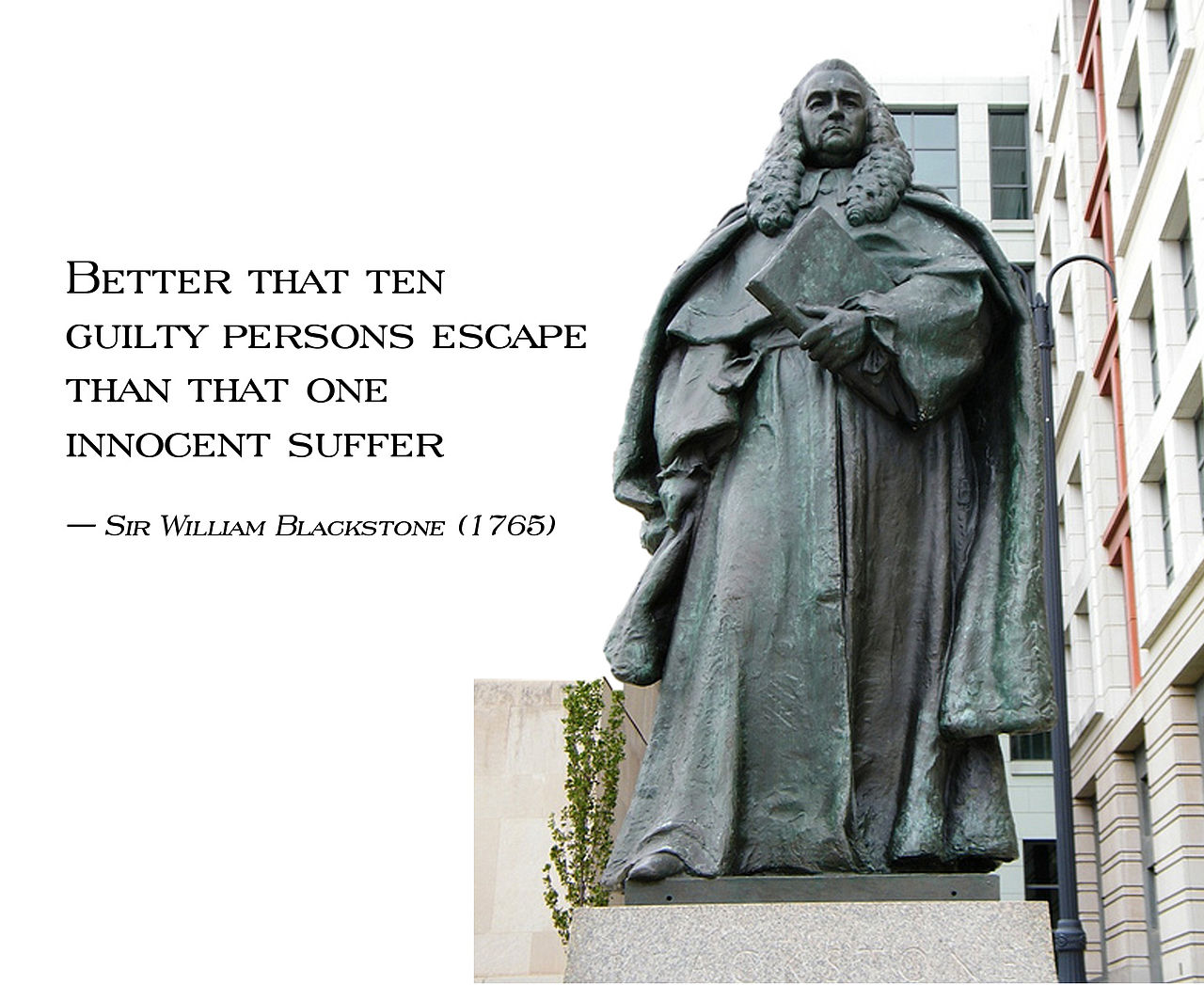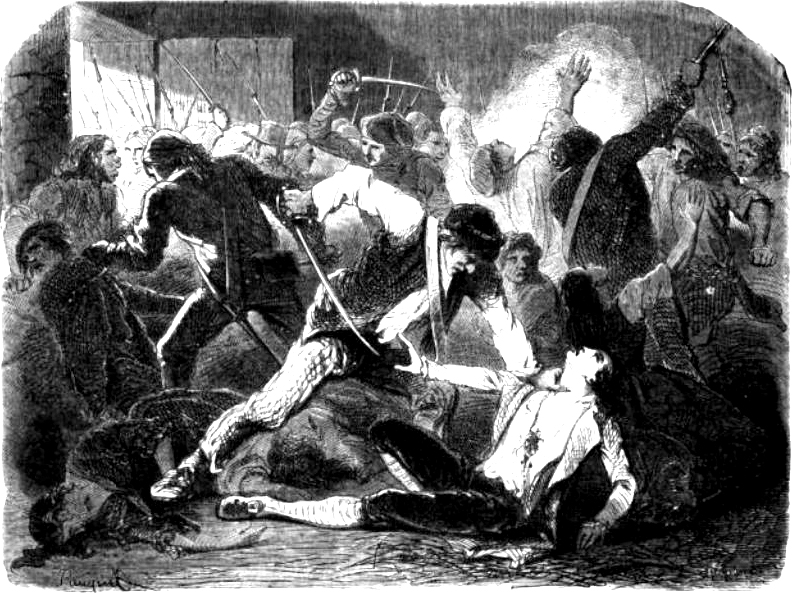
Over 200 years ago…
Welcome to DORScribe, a blog about reading the Bible with an open mind…
In other words, this blog is different. It’s different because it says that you can get more out of the Bible by reading it with an open mind, and that it was written to liberate people, not shackle them into some kind of “spiritual straitjacket.” Such ideas run contrary to some common perceptions these days. For example:
I don’t have a problem with God. I have a problem with religion. I’ve chosen to live my life without the certainties of religious faith.
See 10 Questions for Sting – TIME. (But here’s a news flash: “If your religion makes you ‘certain,’you’re missing the point!” See for example, On a dame and a mystic.) The comment by Gordon Matthew (Sting) provides an example of some common perceptions today: 1) that too many Christians are close-minded; 2) that too many are way too negative; or 3) that too many think The Faith of the Bible is all about getting you to follow their rules, on pain of you “going to hell.” (See also my way or the highway – Wiktionary.) For more on such thoughts see About this Blog, which talks instead about the Three Great Promises of Jesus, to all people, and about how through those promises we can live full, rich lives of spiritual abundance and do greater miracles than Jesus, if only we open our minds…
In the meantime:
Talk about old-time, conservative sentiments. That’s William Blackstone all right. Speaking of which, columnist Greg Couch recently wrote an article, Florida State Needs to Suspend Quarterback Jameis Winston …, in which he said this:
This is the moment for Florida State when it answers the big question: What do you stand for? It’s an opportunity, really. You do the right thing for the right reasons, and no matter the cost, you can look in the mirror later. When you stand for something, it’s forever… Suspend Jameis Winston. Now… It’s the only thing to do for Florida State; it must take a moral stand for football and society. And if Florida State lets Winston play? Then that makes a statement, too – a dangerous one. (E.A.)
Mr. Couch is right about two things. There is a basic principle involved, and the idea that we as a people need to err on the side of caution – to chance letting 10 guilty people go unpunished rather than punish one innocent – is indeed a very dangerous proposition. (And a BTW: Mr. Couch is in good company. His sentiments were shared by Bismarck, the German dictator, and Pol Pot, the Communist leader of the Khmer Rouge, as noted below.) As it happens, I just wrote about modern-day witch hunts – and/or “vigilante justice” – in On “Gone Girl” and Lazy Cusses – Part I, and On “Gone Girl” and Lazy Cusses – Part II. However, don’t think this is just about Jameis Winston. (See also Witch–hunt – Wikipedia.) Think about Todd Gurley. Think about Johnny Manziel. Those three and others have one thing in common: They are examples of the twin truisms that “destroying things is easier than building them,” and – as especially today – “the media loves to build somebody up then looks for something to take it away.” (See It is easier to tear down than to build up – Idioms, and Butter for Paula Deen – Following Today Show, vis-a-vis another witch-hunt victim.) But let’s get back to William Blackstone’s dangerous truism, that it’s better to err on the side of caution when it comes to “convicting people.” And don’t forget Deuteronomy 19:15-19:
One witness is not enough to convict anyone… A matter must be established by the testimony of two or three witnesses. If a malicious witness takes the stand to accuse someone of a crime, the … judges must make a thorough investigation, and if the witness proves to be a liar, giving false testimony … then do to the false witness as that witness intended to do to the other party. You must purge the evil from among you. (E.A.)
But again we digress… We were talking about Blackstone’s dangerous idea. As Wikipedia noted, “the details of the ratio [may] change, but the message that government and the courts must err on the side of innocence is constant.” See Blackstone’s formulation – Wikipedia, which added that the principle is much older than Blackstone, and in fact can be seen as early as Genesis 18:23-32. (Noted in On arguing with God.) Wikipedia also noted the “12th-century legal theorist Maimonides, expounding on this passage as well as Exodus 23:7 (‘the innocent and righteous slay thou not’)” added this to the mix:
…executing an accused criminal on anything less than absolute certainty would progressively lead to convictions merely “according to the judge’s caprice. Hence the Exalted One has shut this door” against the use of presumptive evidence, for “it is better and more satisfactory to acquit a thousand guilty persons than to put a single innocent one to death.”
Wikipedia also noted “Sir John Fortescue‘s De Laudibus Legum Angliae (c. 1470),” and that in America, in 1692, “while decrying the Salem witch trials, Increase Mather adapted Fortescue’s statement and wrote, ‘It were better that Ten Suspected Witches should escape, than that one Innocent Person should be Condemned.'” And finally, Wikipedia noted this:
There are alternate theories: More authoritarian personalities are supposed to have taken the opposite view; Bismarck is believed to have stated that “it is better that ten innocent men suffer than one guilty man escape;” and Pol Pot made similar remarks.
(Blackstone’s formulation.) So what we have on the one hand is Mr. Couch saying FSU needs to “send a message.” But unfortunately, that message would be: “We don’t need to bother with finding the facts or with actual guilt. A presumption of guilt is enough for some of us.”
On the other hand we have a bit of wisdom that’s been around for millenia – “thousands of years” – going back to the time of Abraham and lovingly “tweaked” by the likes of Moses, Maemonides, Sir John Fortescue, Increase Mather and Sir William Blackstone:
[Blackstone’s ] Commentaries on the Laws of England … is the best-known description of the doctrines of English law. The work became the basis of university legal education in England and North America. He was knighted in 1770… In the United States, the Commentaries influenced John Marshall, James Wilson, John Jay, John Adams, James Kent and Abraham Lincoln, and remain frequently cited in Supreme Court decisions.
But of course when it comes to who to believe, the choice is yours…
And there’s one final message, to Mr. Couch and others in the media like him:
Hey, I can pontificate too!

…and now?
The upper image is courtesy of Blackstone’s formulation. The lower image is courtesy of Lynching – Wikipedia, the free encyclopedia (as another example of “vigilante justice,” as noted in the “Gone Girl” reviews noted above.) The caption: “September Massacres of 1792, in which Parisian mobs killed hundreds of royalist prisoners,” arguably in the old-time equivalent of a “media frenzy.”
(The other images – of lynchings and such – were too gory, while “September Massacres” provides an apt visual metaphor for a modern-day media frenzy…)
And a BTW: I wrote the bulk of this post before reading Jimbo Fisher not concerned over Jameis Winston, in which the coach said “this country is based on being innocent until proven guilty, not guilty until proven innocent.” Which proves another truism: “Great minds think alike.”
The final indented quote about Blackstone and his Commentaries was gleaned from William Blackstone – Wikipedia, and Sir William Blackstone (English jurist) — Encyclopedia ….